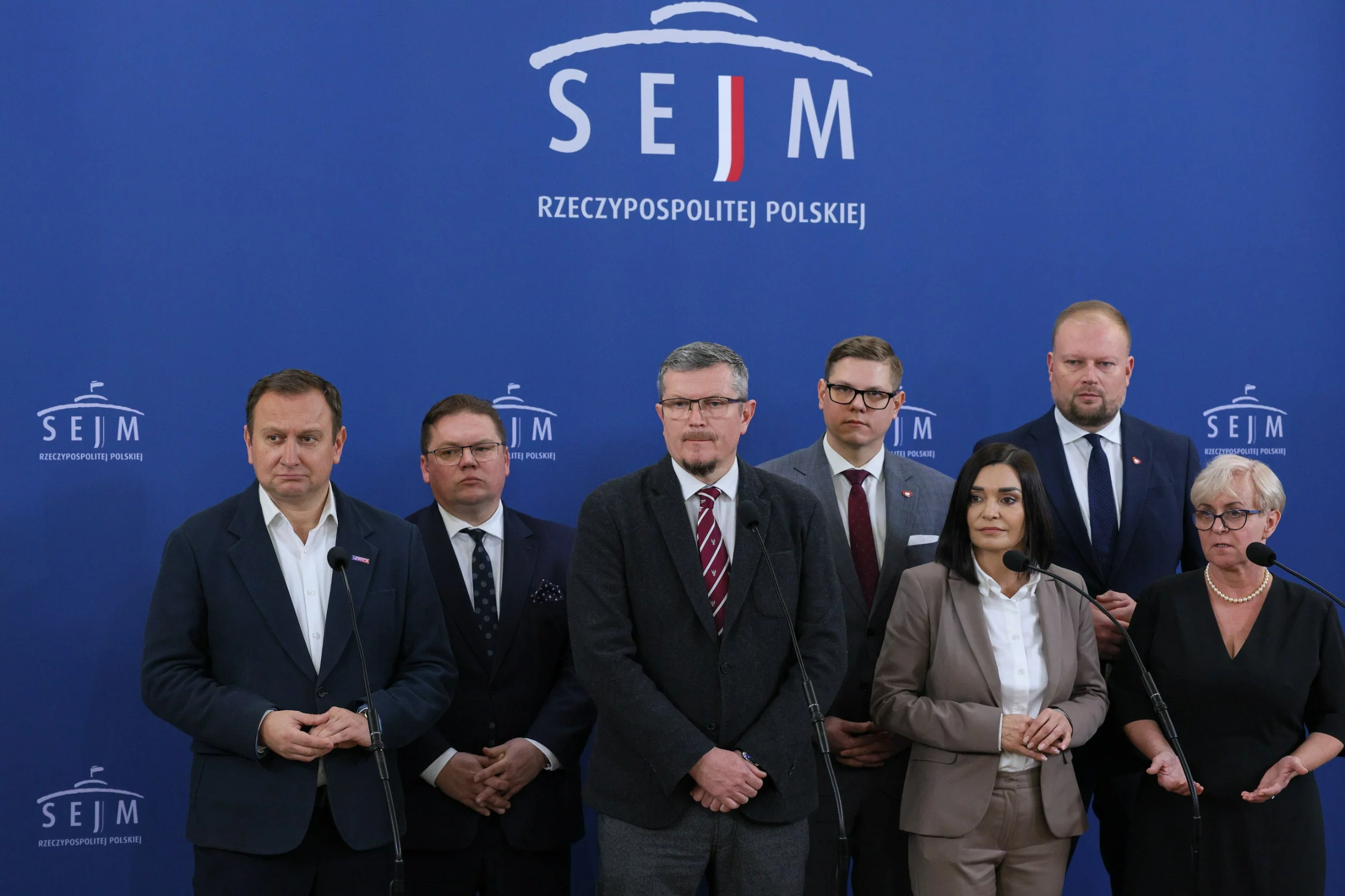Technology giant Qualcomm expanded its defence on the second day of a major competition tribunal hearing in London, with lawyers describing the company's business practices as "innocuous and lawful". The class action lawsuit, brought by consumer group Which?, could result in payouts for around 29 million UK smartphone users if successful.
The five-week trial at the Competition Appeal Tribunal focuses on whether Qualcomm abused its dominant position in patent-licensing and chipset markets. Which? alleges the company charged inflated fees to manufacturers like Apple and Samsung, costs that were then passed on to consumers through higher smartphone prices.
Expanded defence arguments
Daniel Jowell KC, representing Qualcomm, challenged the prosecution's case with detailed questioning of the alleged abuse. He told the tribunal: "You'll recall that in the run up to this trial, on multiple occasions we have sought to tease out of the claimant what actually is the precise conduct that is said to constitute the alleged abuse."
Jowell questioned what transforms "this innocuous and lawful chipset supply policy into the abusive and unlawful NLNC (No Licence No Chips)". He argued: "We got to the stage where it became very puzzling because no one has ever contested that Qualcomm can't maintain both a patent licencing business and a chipset supply business."
The defence lawyer challenged Which? to propose alternative business models, stating it remained "very unclear to us what alternative conduct or business model the CR (class representative) proposed that Qualcomm could and would have adopted instead of the CSP (Chipset Supply Practice)". He emphasised: "If the essence, or if you like the hallmark, of the abusive conduct is the effective dictation of terms, you just don't find it in the evidence."
Prosecution case
Philip Moser KC, representing Which?, outlined the alleged abuse on Monday. He told the hearing: "Qualcomm, instead of competitive negotiation, uses the inherent risk, or sometimes explicitly stated threat, of chipset supply disruption, software delay, to foreclose a normal discussion of royalties, and conditions for the licences."
The prosecution argued that Qualcomm's approach amounts to: "Unless you take our package of licences at Qualcomm's rate and on our terms, unless you do that there are no chips." Moser claimed Qualcomm's terms include "a royalty at a rate which we say is likely to be inflated" that is "payable on every phone whether it uses Qualcomm's chips or not".
Potential outcomes
If Which? wins this initial trial, a second hearing will determine specific damages and conduct details. The consumer group has calculated potential damages at around £480 million for smartphones purchased between October 2015 and January 2024.
Individual consumers could receive an average of around £17 per affected phone if the action succeeds. Which? chief executive Anabel Hoult said: "This trial is a huge moment. It shows how the power of consumers - backed by Which? - can be used to hold the biggest companies to account if they abuse their dominant position."
The organisation described the legal action as "vital" to obtain consumer redress and send a message to powerful technology companies about anticompetitive practices.
Sources used: "PA Media" Note: This article has been edited with the help of Artificial Intelligence.





